- What We Do
- Agriculture and Food Security
- Democracy, Human Rights and Governance
- Economic Growth and Trade
- Education
- Ending Extreme Poverty
- Environment and Global Climate Change
- Gender Equality and Women's Empowerment
- Global Health
- Cross-Cutting Areas
- Emerging Pandemic Threats
- Family Planning
- HIV and AIDS
- Health Systems Strengthening
- Malaria
- Maternal and Child Health
- Neglected Tropical Diseases
- Nutrition
- Tuberculosis
- Water and Sanitation
- Working in Crises and Conflict
- U.S. Global Development Lab
-
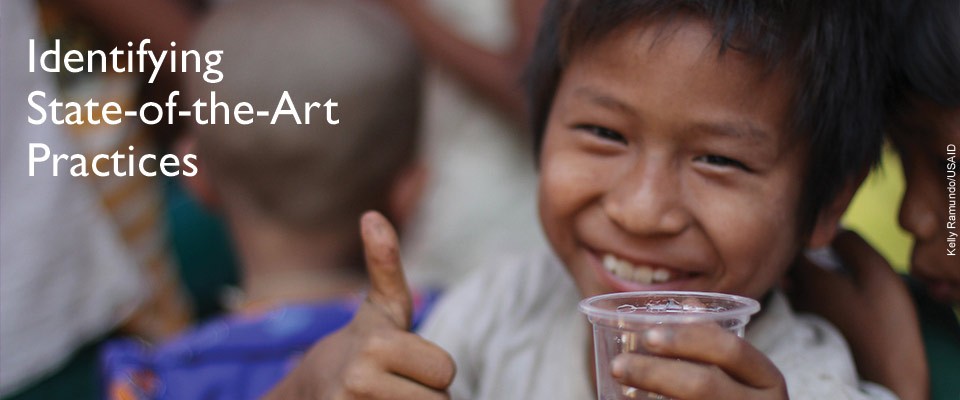
CII is engaging luminaries in the field to identify state of the art practices in innovation, introduction and scale-up.
-
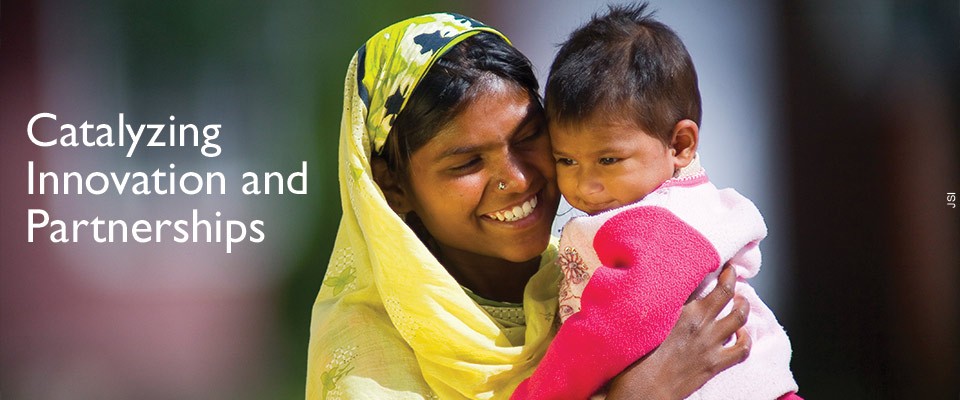
USAID's CII strives to create new and better ways of doing business and generate impact by harnessing the power of previously untapped innovative minds worldwide.
-
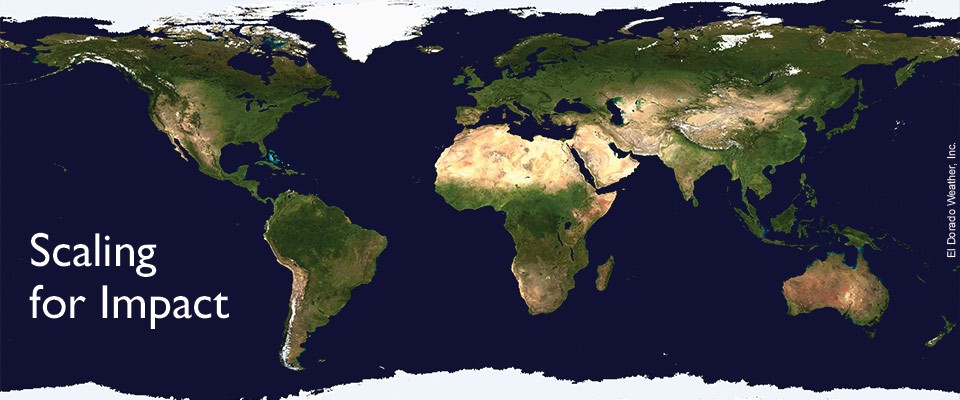
CII designs and implements accelerated introduction plans for priority products and interventions; supports rapid deployment and adoption in target regions; and evaluates and develops innovative financing mechanisms.
USAID's Center for Accelerating Innovation and Impact (CII) applies business-minded approaches to the development, introduction and scale-up of health interventions to accelerate impact against the world's most important health challenges.
The Center – which resides in the Global Health Bureau – invests seed capital in the most promising ideas and applies a rigorous, market-oriented approach to cut the time it takes to transform discoveries in the lab to impact on the ground.
What we do:
Identify Cutting-Edge Practices
To help improve the efficiency of the marketplace, the Center examines successes and failures across a range of markets and sectors to identify state-of-the-art practices in innovation, introduction, and uptake.
Catalyze Innovation
The Center uses a variety of novel approaches – from Grand Challenges to hackathons to prizes – to source groundbreaking solutions for tough and seemingly intractable health challenges.
Scale for Impact
The Center supports introduction and scale-up planning for priority health interventions; uses innovative financing mechanisms; applies market shaping tools to address inefficiencies and barriers; and leverages the expertise and active engagement of the private sector – all to accelerate and rapidly expand health impact.
New Fighting Ebola Grand Challenge Video
During the 2014 Ebola outbreak in West Africa, nearly 30,000 people contracted Ebola and more than 11,000 people died. Liberia was one of three countries at the epicenter of this epidemic. Ebola dealt a fatal blow to a health system that was still recovering from seven years of civil strife. This video depicts the challenges Liberia faced when confronted with Ebola through interviews with survivors and front line health personnel. The film also highlights the Emergency Smart Pod, one of 14 innovations that was invested in for accelerated development, testing, and scale up through USAID's Fighting Ebola Grand Challenge. Developed by Baylor College of Medicine, the Emergency Smart Pod is a rapidly deployable and scalable treatment unit that can function in an epidemic or natural disaster as well as for routine care.
Innovation
Partnerships
Resources
Introduction and Scale (IDEA to IMPACT Series)
Market Shaping and Innovative Financing
Human-centered Design
Digital Health
Questions or comments? Please email us at cii@usaid.gov.








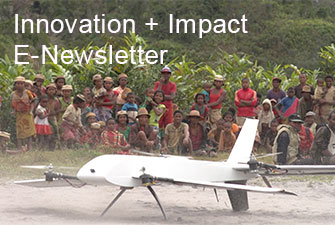
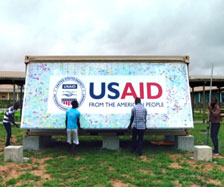

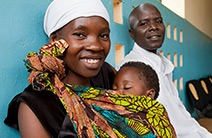
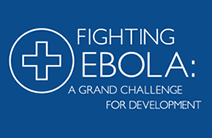



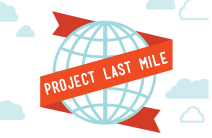
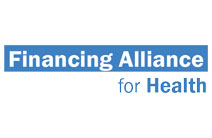
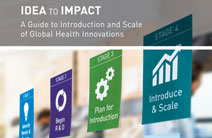
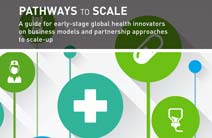
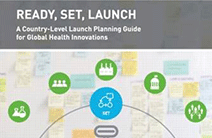
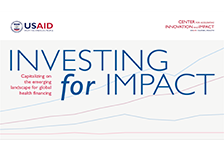
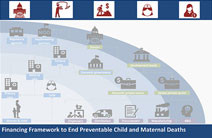


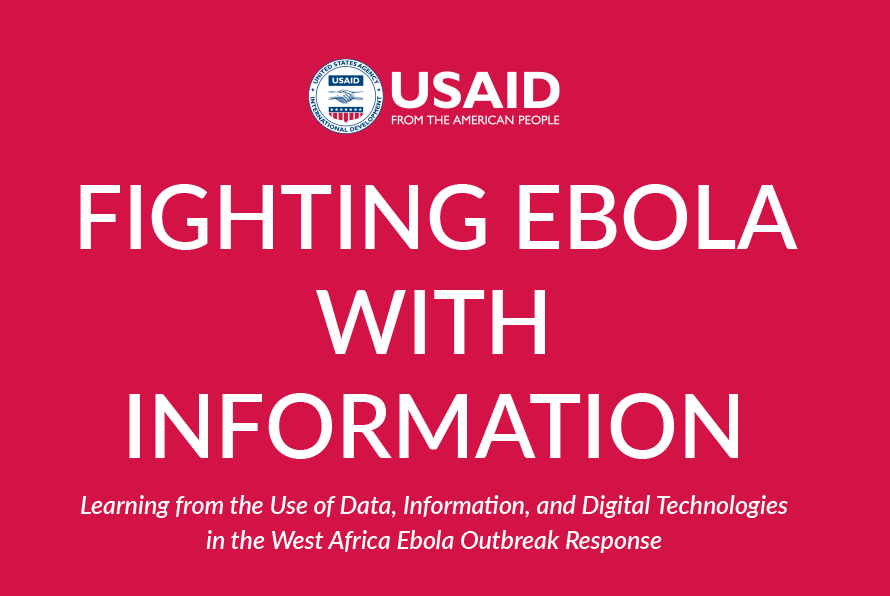
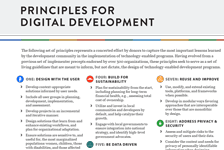
Comment
Make a general inquiry or suggest an improvement.